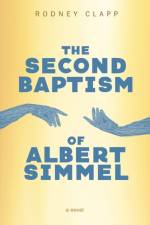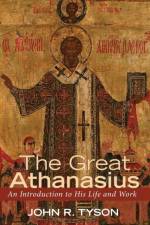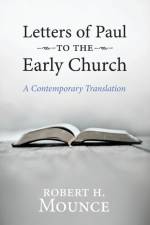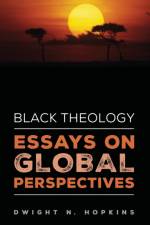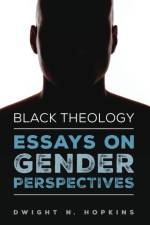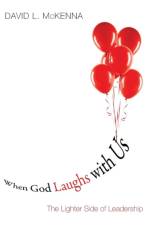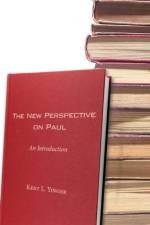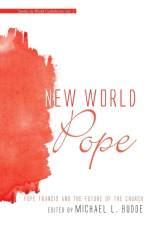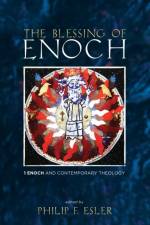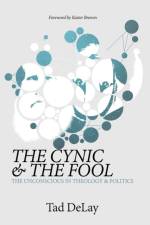av David L McKenna
485
Lighten up! Most of us take ourselves too seriously. Christian leaders, in particular, are tempted by the position they hold, or the power they wield, to lose touch with their humanity, become arrogant, and alienate their followers. But what about our tendency to shoot ourselves in the foot, time and time again? Can we laugh at ourselves? David McKenna, a Christian college president, brings a lifetime of learning to this question. By confessing his own foibles and laughing at the ludicrous, he finds that God is laughing with him--not to ridicule, but to give the special grace that saves us from ourselves. The lessons are humbling when the laugh is on us, but they can lead to the discovery that a sense of humor is a partner with the witness of a joyful spirit. McKenna shows us by example how to lighten up and find God as we laugh at ourselves.""Just as we suspected, and with impeccable timing, we find in Dr. McKenna''s When God Laughs with Us, evidence that God not only has, but encourages a bountiful sense of humor and offers a written respite for leaders who often take ourselves far too seriously. Thanks David for insight into yet another delightfully creative dimension of our Heavenly Father.""--Sandra C. GrayPresidentAsbury University""In sharing many lighthearted and humorous experiences, often directed at himself, David McKenna reveals how a person can keep balance and perspective while making important decisions."" --Norman L. EdwardsSeattle, Wasthington""When God Laughs with Us highlights encounters, at once serious and funny, each with its opening and insight into a deeper reality of our life with God. Dave''s capacity to peel back the veneer that encases so many leaders and prod us to look deeper into our soul so that we can bear the weight of leadership more lightly is provocative . . . You will enjoy the combination of personal and professional anecdotes and be drawn into reflecting on the intersection of your own personal and professional ''life lessons.'' You''ll love the book.""--Gayle D. BeebePresident, Westmont College""Dave McKenna, always in for a good laugh, has the gift of seeing the funny side of just about anything. And the comedic comes through, inevitably, in any leadership setting, especially for college presidents working with students who think up the most astonishing ways to pull pranks and have fun. Read this delightful little volume and I promise you laughter, joy, and healing for the soul.""--Donald DemarayProfessor Emeritus of PreachingAsbury Theological Seminary ""In When God Laughs with Us, David McKenna treats us to priceless moments of personal gaffes, awkward moments, cultural tensions and, at times, hilarious slapstick type situations which rival the Three Stooges. Whether it is being drenched in water before a speaking engagement or arriving at the pulpit of the wrong church, McKenna allows us to see that leadership can be fun when we learn to laugh at ourselves. Indeed, McKenna''s humorous stories wonderfully remind us of the truth of Reinhold Niebuhr''s quip that, ''Humor is the prelude to faith and laughter is the beginning of prayer.''"" --Timothy C. TennentPresidentAsbury Theological Seminary""What a terrific and timely book. For all of us in leadership, without question we take ourselves too seriously, to our detriment, I might add, limiting our effectiveness as Christians and as leaders. Dave McKenna comes to the rescue. Out of his long and storied career, and as a skilled storyteller, he hammers home a wise insight: We''ve simply got to lighten up a bit. In story after story, we find Dave leading and modeling a way for us."" --Philip W. EatonPresidentSeattle Pacific University ""When you need a cup of coffee and a good humor break, take time to read When God Laughs With Us. Once again David L. McKenna has captured through his prolific pen those humorous times of life when God smiles with us. Through insightful life stories of wit and wisdom the Christia





